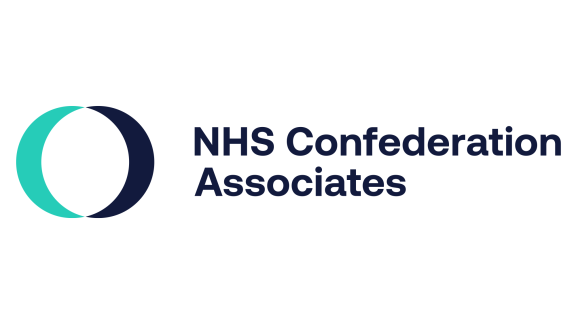Government urged to pay low paid NHS staff more or risk deepening NHS vacancy crisis

NHS leaders are urging the Government to give health service staff on the lowest full time pay a higher pay rise than last year to help them mitigate against the worst effects of rising living costs and to avert a deepening of the NHS workforce crisis.
With people in the poorest households across England having to choose between heating their homes or skipping meals, and with inflation hitting a 40 year high of 9 per cent in April, NHS leaders say those on the lowest pay rates must be awarded more money.
They fear a failure to do this will exacerbate a staffing crisis that has already left the NHS with 110,000 vacancies, with mounting concerns that some staff on lower pay bands will leave the service to take jobs in other sectors.
The NHS Confederation is warning that failing to increase pay for those staff earning just 15p above the national minimum wage and well below the ‘real living wage’ risks further undermining efforts to recruit and retain nurses and health care support staff.
Many of these staff are leaving or considering leaving the NHS for better paid jobs in the private sector with some of the country’s top supermarket chains, high street stores, and the hospitality industry paying at least £10 per hour – 35p more than the NHS currently offers as a starting salary for band 2 staff.
NHS organisations are doing all they can to help their staff with the cost-of-living crunch. This includes many NHS organisations setting up their own food bank schemes for staff, offering hot meals for £1 and free meal cards and hardship funds.
However, leaders warn this does not go far enough and the NHS Confederation is now calling on the Government to go further and add more to the pay packets of the lowest paid healthcare workers, including porters, medical secretaries, security guards and healthcare assistants.
NHS leaders want to see the Department of Health and Social Care commit to a 4 per cent pay rise for NHS staff on NHS ‘band 2’ terms and conditions of service (TCS) contracts instead of the 3 per cent increase which is expected to be announced and confirmed as early as next month.
Staff on similar salaries and in similar roles in primary care, including clinical staff such as general practice nurses, and non-clinical staff such as receptionists, whilst not on NHS TCS, should also benefit from the rise.
Any increase would need to be fully funded by the Government and could not be absorbed by employers within the current NHS funding settlement which itself has already been heavily eroded by soaring inflation.
Around 60,000 staff are on the lowest NHS pay point earning £18,870 a year. A targeted 4 per cent pay rise for these staff means they would take home around £500 a year extra after tax and this would add an extra £15-20m to the NHS pay bill above that already planned.
Matthew Taylor, chief executive of the NHS Confederation, said: "Committing to giving more money to the NHS’ lowest paid workers is the right thing to do as inflation spirals and living costs mount.
“Without a pay rise which at least matches what some parts of the private sector are offering, we are at real risk of a mass exodus of healthcare staff on the lowest pay who are quitting the NHS to search out jobs in better paid sectors including supermarkets, pubs and high street shops.
“Staff leaving the NHS at a time when they are most needed will also jeopardise the gains the health service is making in clearing the waiting list backlog.
“Any increase in the pay award for NHS must also be properly funded by the Government and not passed on as a cost to individual organisations who are also grappling with soaring inflation.”
Last year the Government originally offered NHS staff a one per cent pay rise, but this was tripled to 3 per cent after it faced a wave of criticism for undervaluing frontline staff who had struggled through the rigours of the pandemic.
This year the NHS Pay Review Body is expected to recommend to the Government that it stick to the same 3 per cent offer, with the Government expected to confirm its final decision before the Parliamentary summer recess.
About us
We are the membership organisation that brings together, supports and speaks for the whole healthcare system in England, Wales and Northern Ireland. The members we represent employ 1.5 million staff, care for more than 1 million patients a day and control £150 billion of public expenditure. We promote collaboration and partnership working as the key to improving population health, delivering high-quality care and reducing health inequalities.



